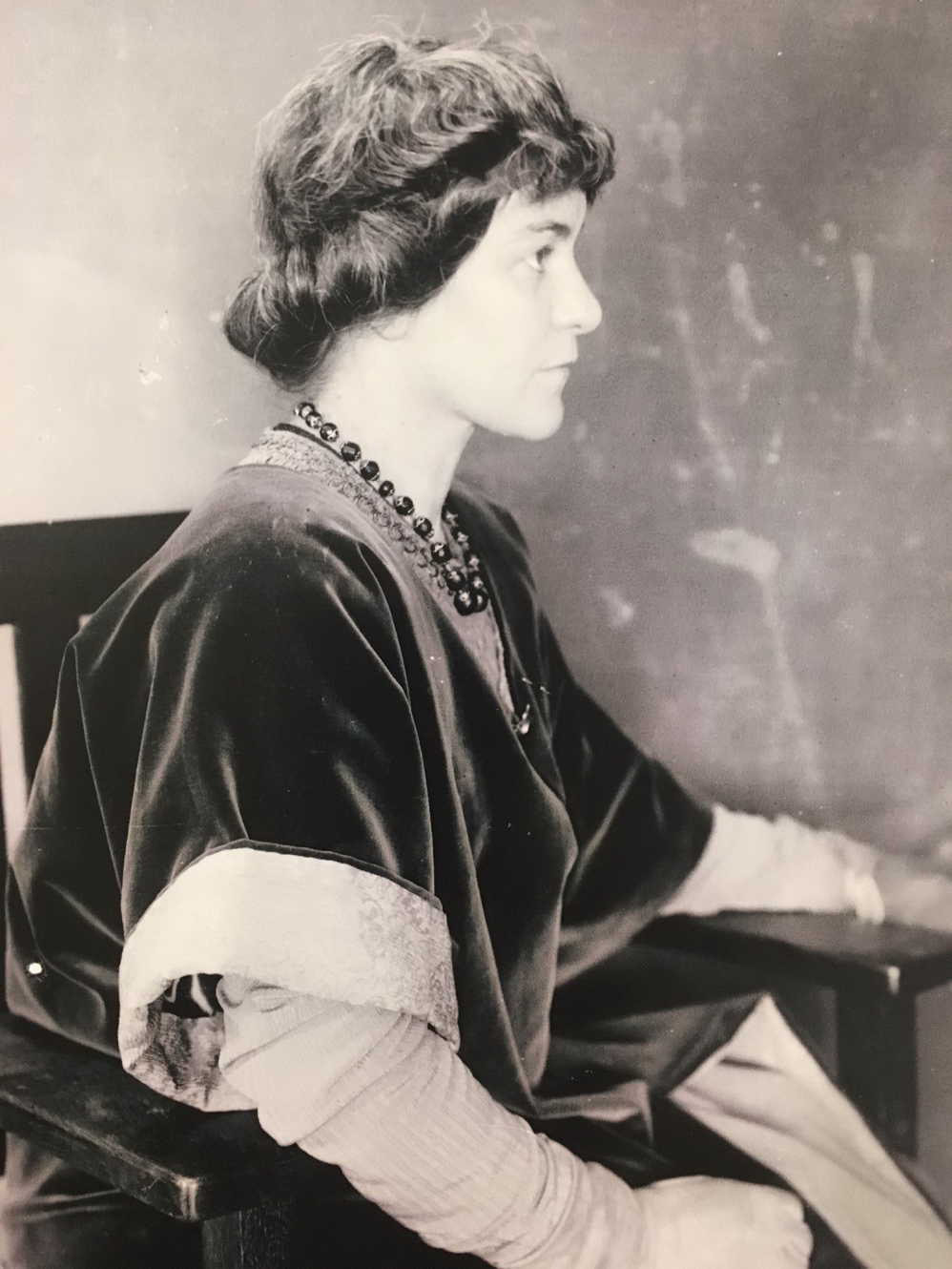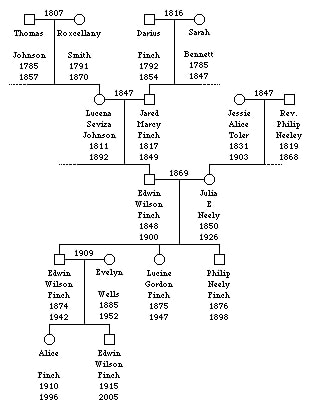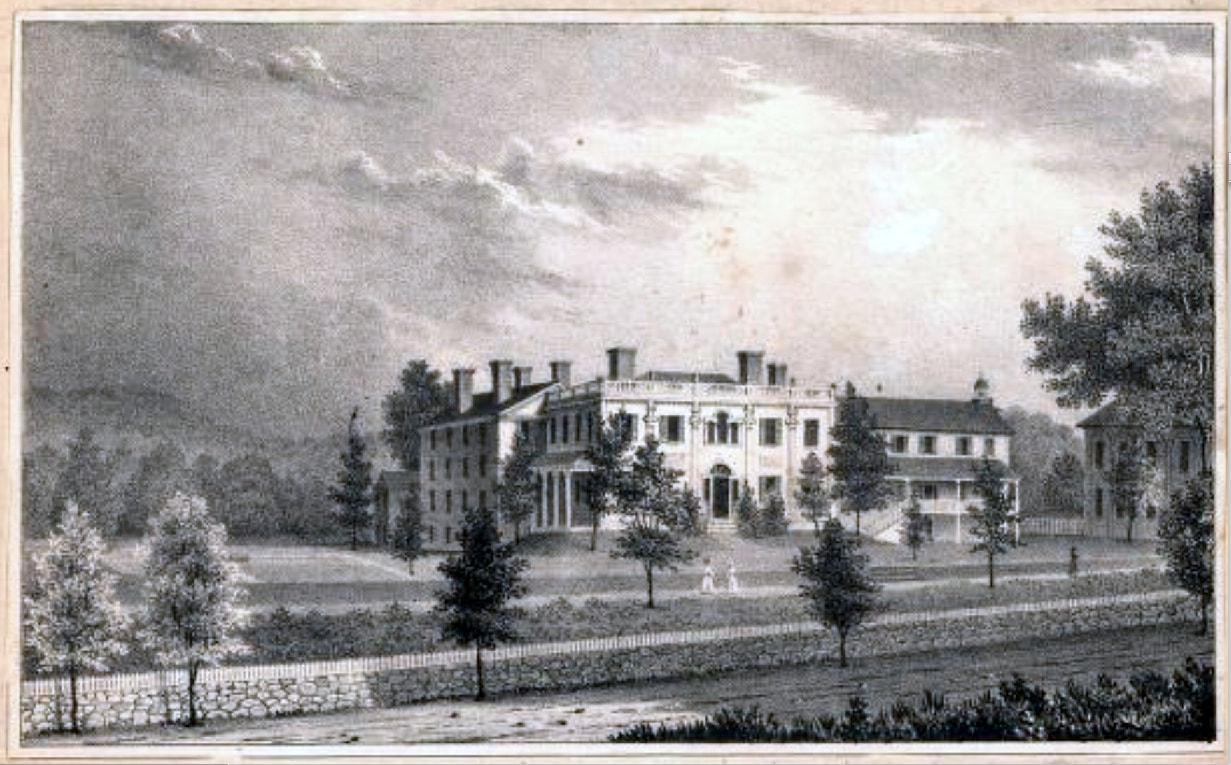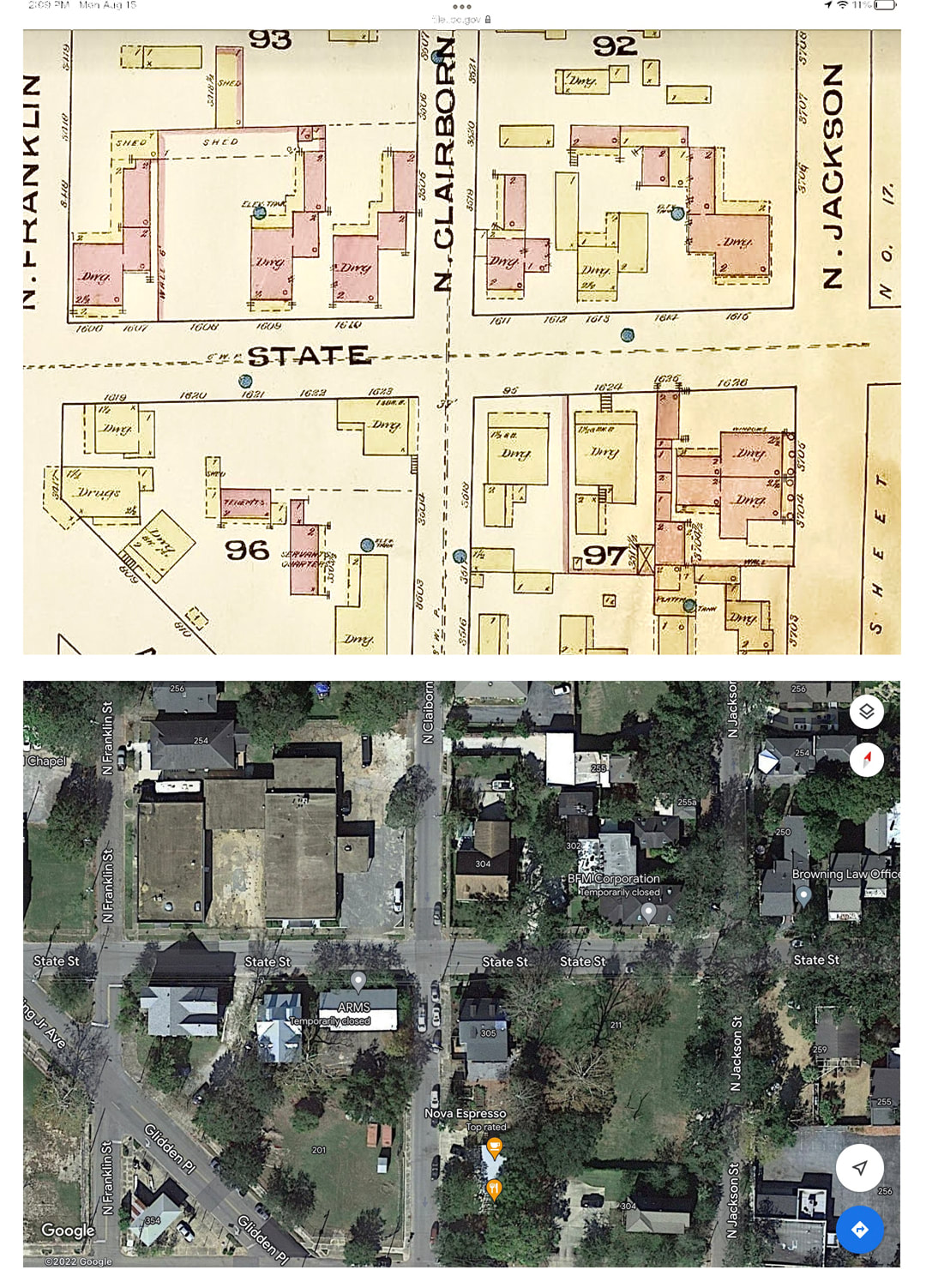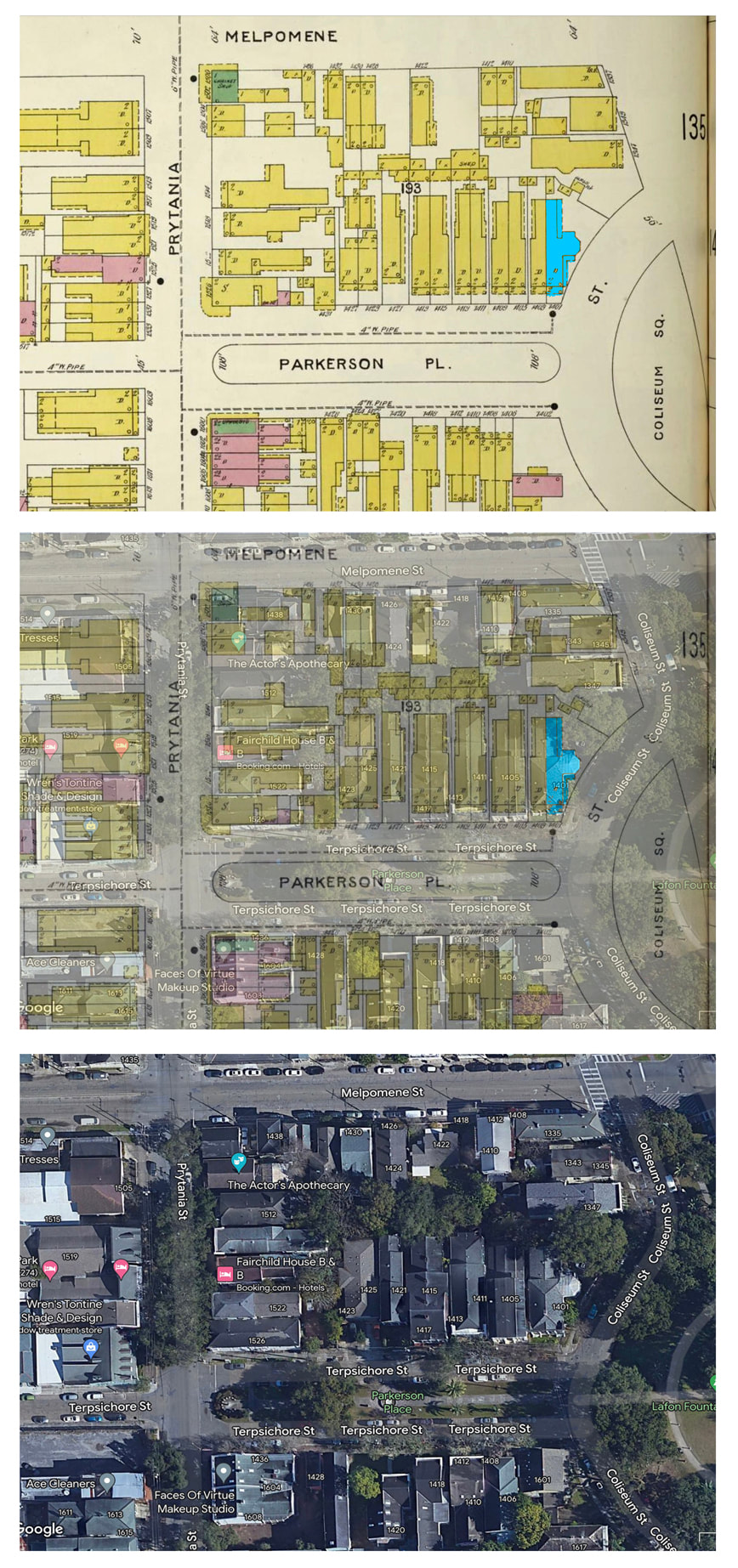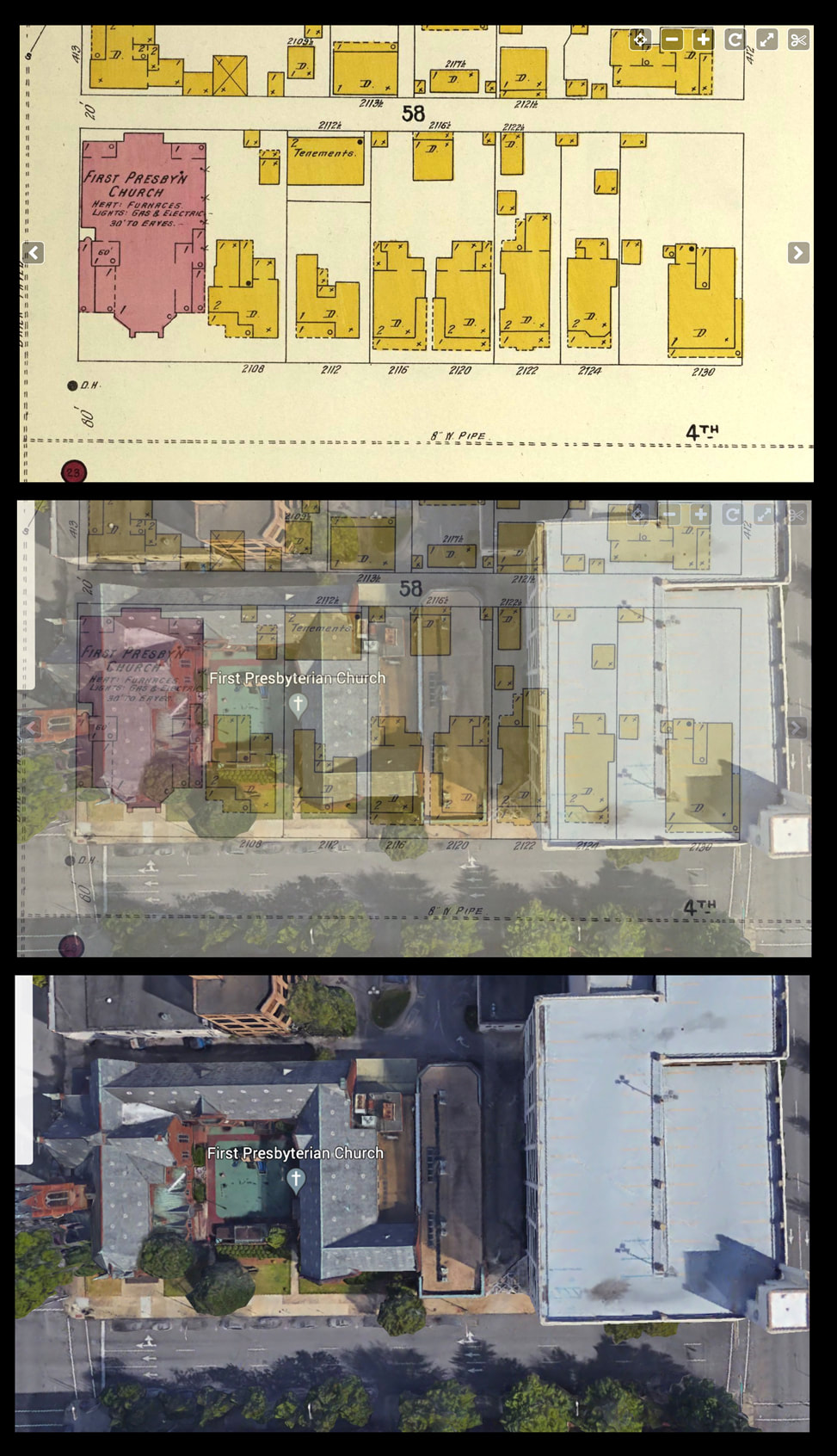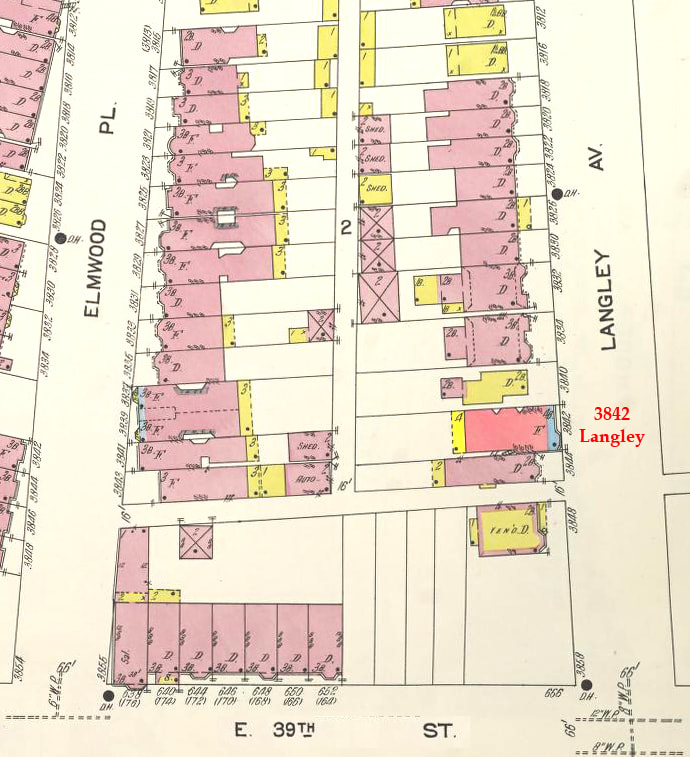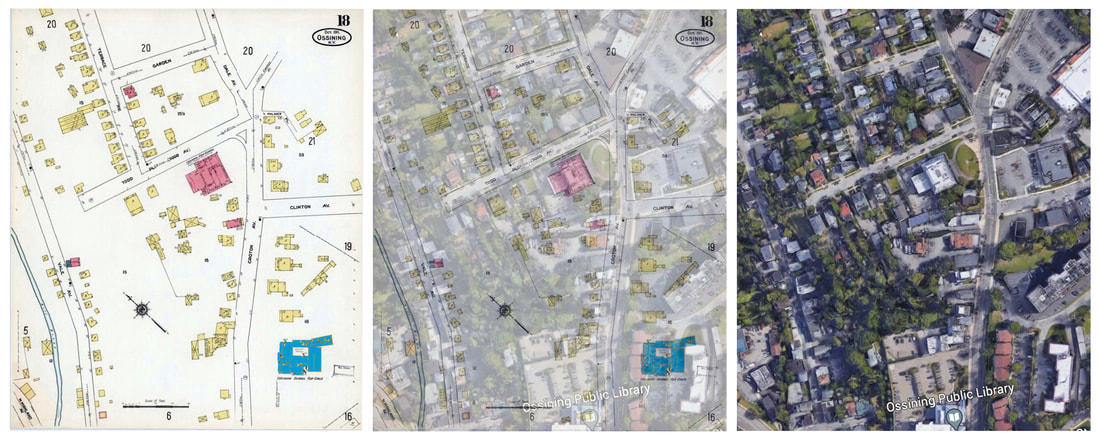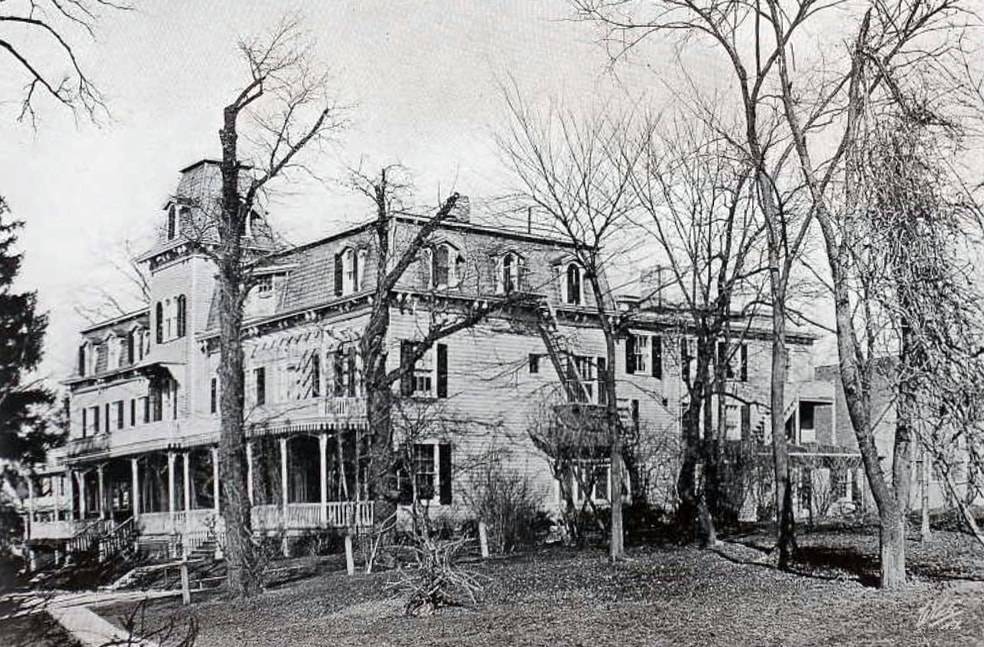Lucine Finch - A Short Biography
|
Lucine Finch was the author of Two in Arcadia published by Brentano’s in New York in 1907. The iconic Brentano’s flagship store on 5th Avenue had a publishing department then, and she no doubt presented herself there with her credentials and manuscript many months before publication date. She was a well-educated and artistic Southern lady who also had Midwestern and Yankee roots. Photographs show her to be a highly poised woman in her early 30’s who was clearly a fellow member of the privileged educated class. Her publishing career was only beginning as she approached Brentano’s, and after 1907 she began to be published in magazines such as Harper’s Monthly Magazine, American Magazine, and Outlook.
Her manuscript consisted of 20 poems presented with matching illustrations in recto. The poems are short and rhymed, most expressing a longing for a largely absent love or aspirations for finding one. The illustrations are renditions of images apparently constructed from torn paper with black ink brushwork. The palette is rich in deep reds and oranges or blues and greens somewhat in the mood of Fauvism. A truncated orbicular sun or moon often looms large in the frame representing a rising or setting orb depending on the context of the poem. The book would ultimately be published with an album binding tied with a cord, the illustrations represented with half-tone colors. |
Antecedants
|
Her grandmother, for whom she seems to have been named, Lucena Seviza Johnson, was widowed early and as Lucine grew up she often lived in the same household with her grandmother. Their son Edwin Wilson Finch was born 6 August 1848, and when he was 16 months old, Jared died leaving Lucena with a young child to raise by herself. She was a self-reliant woman with skills in teaching, and she recruited her younger sister Julia and youngest brother Ira Thomas Younglove Johnson to travel with her and infant Edwin to Mobile, AL where she found various teaching jobs to support her family.
|
Mobile, Alabama
|
Mobile, AL, in the last half of the 19th century was a busy port for cotton exports. In overall tonnage of shipped cotton, Mobile was second only to New Orleans on the Gulf Coast during this period. The roots of the settlement stretch back to the French Colonial period in the early 18th century, so it shared with New Orleans a strong French influence. When Lucine Finch was born there in 1875, she became little sister to Edwin Wilson, Jr (1874) and within a year would be joined by brother Philip Neely (1876) and her parents, Edwin Wilson Finch and Julia Neely. The family was highly cultivated with influences spanning the breadth of American cultures. Edwin’s Yankee and Yorker roots invested deep into Pennsylvania, New York and Vermont. Julia’s origins from Southern planters in Tennessee, Kentucky, Mississippi and Alabama counter-balanced his more northern character. Both parental families valued education, and Lucine was raised as a southern lady, sensitive to proper social relations, but knowledgeable of the ways of the world.
Edwin Wilson Finch had come to Mobile as a 20-month old infant, half-orphaned by the death of his father Jared in New Jersey. His widowed mother Lucena Johnson was 37 years old, left with a young child to raise by herself. She was a strong, self-reliant woman with a good education, the second of 13 children brought up by Thomas Johnson and Roxcellany Smith in Vernon, Windham County, VT. She attended Greenfield High School for Young Ladies in Greenfield, MA 15 miles south of Vernon. After her schooling, Lucena quite likely spent time with her older sister Ferona, who had marrried Ira Younglove in Vermont about 1835 and moved to Fitchburg, Massachusetts. The two older siblings would remain in close contact throughout their long lives. She would eventually make her way to New Jersey in the mid 1840’s where she married Jared Marcy Finch on 20 September 1847 in the Presbyterian Church in New Brunswick. Edwin was born 6 Aug 1848, and sadly his father Jared died 24 Dec 1849. Why the young widow would within three months relocate to Mobile, Alabama seems quite a mystery, but by 23 March 1850 Lucina had appeared in Orphan’s Court in Mobile County to settle her husband’s will and assert her guardianship of the only child she would ever have. She recruited her younger sister Julia and youngest brother Ira Thomas Younglove Johnson to travel with her to Mobile, AL where she found various teaching jobs to help support her extended family. By December 1850 Lucena was the head of household for a family of four in Mobile. Julia married physician William Summer Yuille in 1857, and they had a single child, George born in 1862. In 1860 Lucena was still head of a household of four at 58 St. Emanuel, Julia having her own household and her sister Ferona’s son Ira joining the family. Lucena was a teacher, Ira T. Younglove Johnson working at the baker-grocery firm of Edward Brown at 145 Church St. and his cousin Ira Younglove was bookkeeper at a similar grocery firm, Brewer & Ogletree, at 9 St. Louis. In 1869 [23 December] Edwin married Julia Neely just a bit more than a year after her father died [November 9] 1868 after a long career as a gospel minister. Tempering the Yankee ways of Lucine’s father’s side, the Reverend’s southern culture brought a different influence onto her character. Reverend Philip P. Neely was born in 1819 into a large plantation family in Rutherford County, TN. He became a Methodist Episcopal Minister as a young man of 17 and served in communities in Tennessee, Mississippi, and Alabama. He promoted the benefits of education, and was editor of the Temperance Watchman; by all accounts he was a rousing orator. In 1840 he married Henrietta Park Keffer and they had a daughter, Henrietta P., in 1845 and John Edwin Polk Neely in 1847. Henrietta died 6 March 1847, and their infant son died after only 3 days; they are buried under the same tombstone in Columbia, Maury County, TN. Eight months later he married Jessie Alice Towles [Toler?] and they had Allen H. Riland Neely in about 1847 and Lucine’s mother Julia E. in [about] 1850 in Columbus, Lowndes County, MS. His surviving son was named for perhaps his greatest friend, Allen H. Riland, who in a reciprocal gesture named a son after the Reverend, Philip Neely Riland [CHECK THIS]. Rev. Neely later served in pastorates in Alabama at Marion, Summerfield, and Mobile. As the Civil War wound itself up, Reverend Neely gained a reputation as a preacher not afraid to champion the institution of slavery as within the purview of Christianity. Rev. P. P. Neely knew a lot about slavery, and grew up with slaves all around. When he was a preacher in Columbus, MS he owned 6 as revealed on the slave schedules: 2 females aged 40, 1 female age 18, three boys with ages 2 months, 6 years, and 9 years. Back in Hardeman County, TN, his brother and nephews owned 57 slaves in 12 slave houses in 1860. He had preached in some of the most strongly worded expressions supporting disunion, for which he received both condemnation and praise. After Emancipation, one of the former slave women, “Sallie,” took the surname Neely after emancipation, and remained affiliated with the Finch Family for many years as a servant. Her fellow ex-slaves, Helen and Elvira, used the Finch surname and remained with the Yuille Family In 1870 Edwin lived with his mother in the household of his Uncle W. S. Yuille, Aunt Julia and cousin Georgel; also at home were two boarders Charles and Belle Kay. By this time Ira T. Y. Johnson had moved to Wisconsin in the early 1860’s, then to Marshall County, IA where he raised a family. His sister Althea Malvina married Richard Ludlow, moved to Ohio, then Wisconsin, finally joining her brother in Marshall County about 30 miles southwest of her brother Ira in Greencastle. The household listed at 96 State St. at Clairborne in 1876 was essentially the same. By this time, Edwin was working at 54 N. Commerce as a cotton factor, an important brokering occupation between growers and consumers, for the firm Rittenhouse Moore & Co. of which he was a partner. Of course, his wife Julia Neely Finch, two-year-old son Edwin, Jr., toddler Lucine, and infant Philip Neely Finch were there as well. Also at home was Dr. Yuillle, Edwin’s Aunt Julia and cousin George, who also worked for R. Moore & Co. William S. Yuille was born in 1826 [5 December] in Scotland [Hamilton, Lanarkshire], immigrating to America in 18XX with his brothers, John C. and R. L. Yuille who opened Mobile Steam Bakery at 92 Government. Dr. Yuille died in 1879 [December 18], leaving his widow Julia Johnson Yuille to watch over their 18-year-old son George Yuille. It was about this time that Edwin Finch took his family of 5 to New Orleans where the cotton market was booming. |
New Orleans, Louisiana
|
New Orleans in 1880 was a thriving commercial center, the tenth largest city in the nation with a population of 216,890. [It had long been the largest shipping port on the Gulf of Mexico]. The Finches first lived at 230 DeLord, moving to #183 Terpsicore [now 1401 Terpsichore] in what is now called the Lower Garden District. They established a household of 8, including Edwin (30), Julia (27), Edward, Jr. (7), Lucine (5), Philip (4), a boarder, Henry Phelps (32), a servant Julia Duffy (25), and 52 year old former slave, Sally Neely. Left behind in Mobile was Julia Neely, the widow of Rev. Neely, and Julia Yuille, the widow of William Yuille.
|
Birmingham, Alabama
|
In 1885 when Lucine was 10 the Finch family moved to Birmingham, AL, a thriving new metropolis founded in 1871 and named for Britain’s huge manufacturing colossus. They lived first at Park Avenue Hotel (1890), then at 2212 4thAvenue (1896), a street anchored by the First Presbyterian Church six doors down. There in Birmingham Lucine finished her secondary education, and had certainly been stimulated by efforts on her behalf by her mother, Lucena Finch, a teacher and principal and her grandmother Julia Neely, a music teacher. Lucine was last noted in Birmingham in 1896.
While she grew to adulthood in Birmingham, family left behind in Mobile dispersed to other American cities. Ira Sylvander Younglove learned his bookkeeping skills well in Birmingham, and when his sister Florence married David Launder and moved to the boomtown of Chicago, he and his mother Ferona Johnson Younglove joined them in their move. Lucene’s mother Lucena Finch moved from Mobile to Iowa to live with her brother Ira T. Younglove Johnson and sister Althea Malvina Ludlow in Marshall County, IA. |
